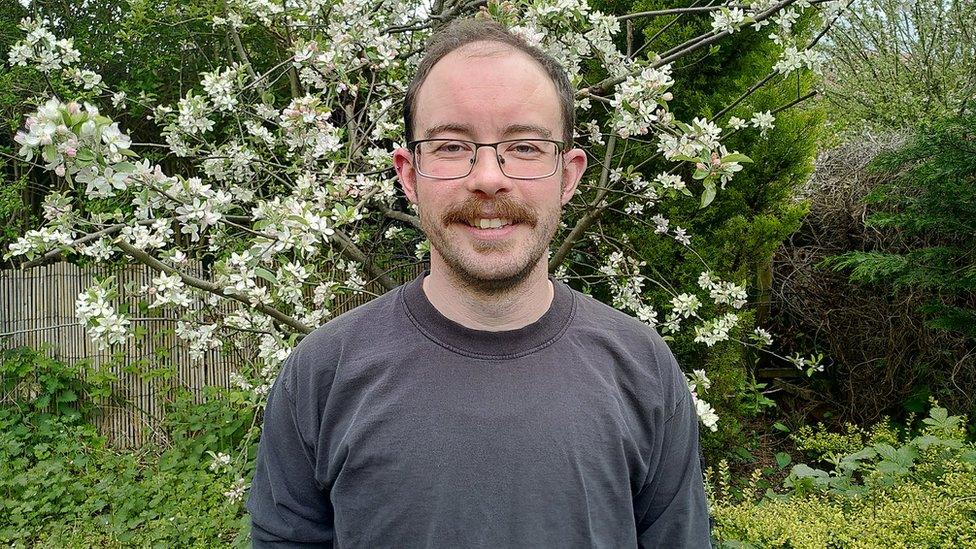'Cancer gave me courage to admit I am transgender'
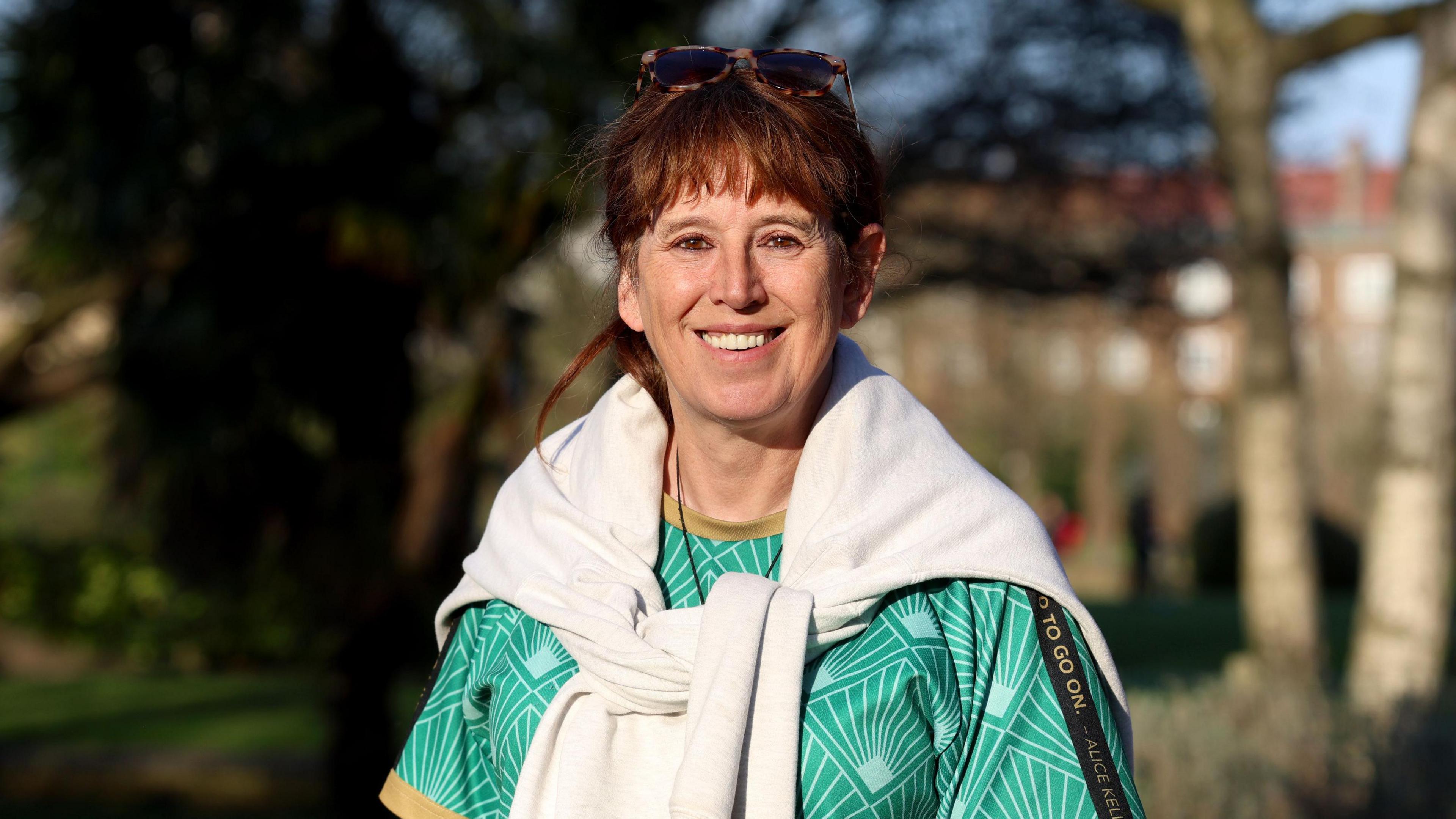
Paula Griffin said her cancer diagnosis gave her the courage to transition
- Published
"Cancer literally changed my life. I finally admitted to myself that I was transgender and began the process of transitioning."
Paula Griffin, who was born male, said she struggled with her identity for decades, and became a "workaholic" and regular drinker who chain smoked.
The 60-year-old from Bermondsey, south-east London, said after receiving a bladder cancer diagnosis in 2017, she found the strength to change her life.
She has now changed jobs, become a goalkeeper for three football teams, played in the Women's FA Cup, ran the London Marathon, crossed the Andes on foot to Machu Picchu, modelled, and appeared in two documentaries.
"My life had changed," she said. "I have so much confidence now. In life, if you turn off that fear switch, you can do anything.
"It has given me a new beginning - I feel like the me of 30 years ago," she said.
'Admit to myself'
"Since I was a child, I knew I was the wrong gender," Ms Griffin said. "The feeling had always been there."
She said she did not come out as transgender earlier because she felt she could not because of the people around her.
But the cancer diagnosis changed that.
After noticing blood in her urine and developing an incontinence problem, Ms Griffin sought help.
Tests revealed a dark shadow on her bladder and her urine sample was 50% blood. She was admitted immediately and began treatment.
"It was stage three cancer. Luckily it had been caught before it spread," she added.
While she was in surgery, her older sister Kerry, who had been receiving chemotherapy for colorectal cancer, died.
"This experience was my wake-up call," Ms Griffin said. "I resolved to root out the things in my life that had caused me to get to this situation.
"I threw my cigarettes in the bin and stopped the heavy drinking. I finally admitted to myself I was transgender and began transitioning," she said.
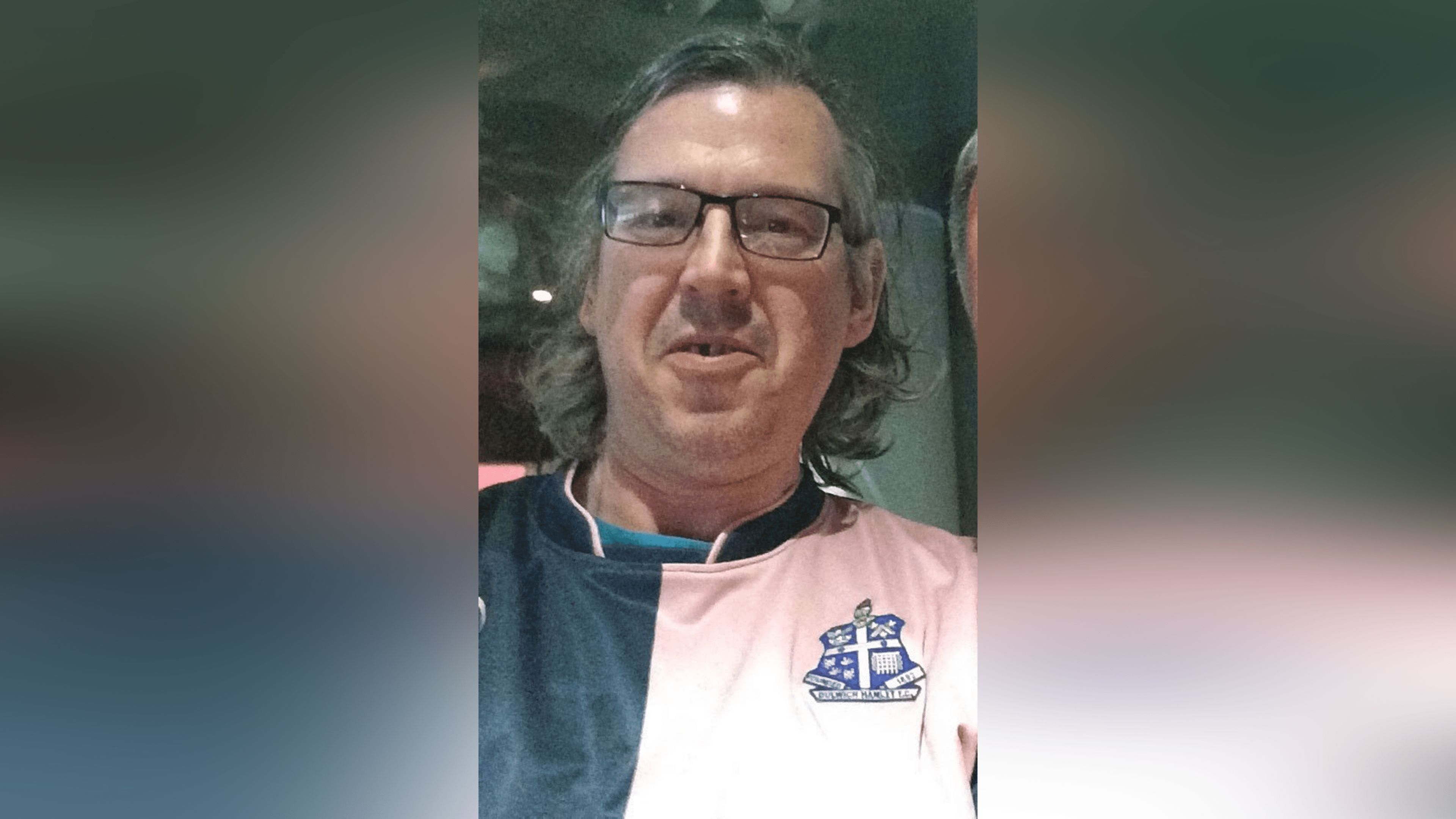
Ms Griffin, pictured here before she transitioned, said there was "toxicity" in her life before she transitioned
"I'd had a couple of opportunities to come out, but I felt I couldn't because of all the people around me. But when I did, very few were bothered - I had so much support."
She said the transition process took about a year.
"It was an amazing feeling when I got my new passport and it had an 'F' for female in it.
"Now I feel so much more confident. I'm not any taller but I feel taller. I have so much to look forward to."
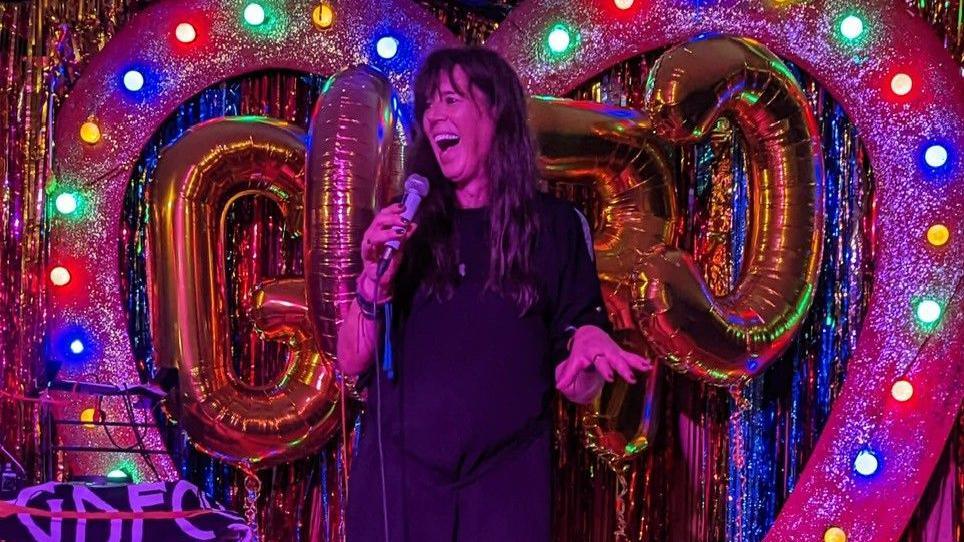
Ms Griffin said her experience was a "wake-up call"
On Wednesday, the Supreme Court ruled unanimously that the legal definition of a woman in the Equality Act 2010 was based on biological sex and did not include transgender women who hold gender recognition certificates (GRCs), like Ms Griffin.
"It's early days to reflect on what's happened," she said. "I am holding my breath and waiting.
"The whole point of this is how far is it going to extend? If rape centres want to exclude trans women, I have no problem with that. But I would be scared to go into a hospital on a male ward."
Ms Griffin is focusing on her health, and is running Cancer Research UK's Race for Life at Hyde Park on 27 July, where she will be sounding the starting buzzer.
"It's the kind of work that Cancer Research UK does that helped save my life." Ms Griffin said.
"There are thousands of people like me who would not be here today without their research. They want to accelerate progress – and we need to help them."
Listen to the best of BBC Radio London on Sounds and follow BBC London on Facebook, external, X, external and Instagram, external. Send your story ideas to hello.bbclondon@bbc.co.uk, external
Related topics
- Published13 September 2021
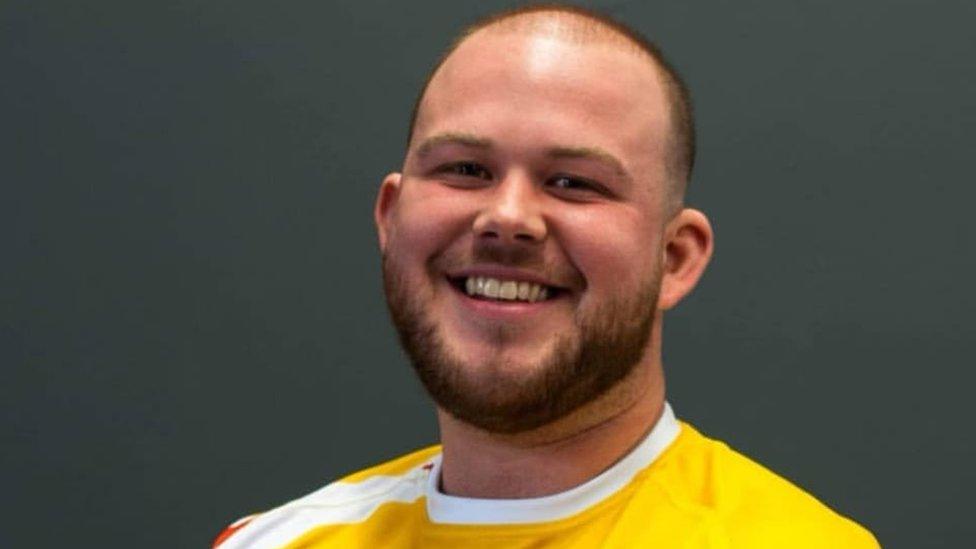
- Published17 May 2021
